
Department of Electrical Electronics Engineering started in the Year 1995 and has been functioning effectively making commendable contribution towards teaching and learning. The department has highly qualified, dedicated members in all major areas of discipline and is termed to be the (best college for EEE). Harnessing electrical energy is the challenge for electrical engineers. The power packed EEE department inspires budding Electrical Engineers with the potent idea of constructing generating stations, transmission lines distribution systems. Our field also finds its expertise in designing, testing and supervising the manufacture of electrical-electronic equipment used in real time applications.
Department of Electrical and Electronics Engineering was established in the year 1995. The post graduate programme M.E-Power Electronics and Drives was established in the year of 2003. The department is recognized as a collaborative research centre with Anna University in the year of 2004. The department was accredited by NBA(in 2003 & 2009) & NAAC(in 2005 & 2015). Several Research Projects have been funded by AICTE through MODROB and RPS Schemes. The department, in all areas, is being supported by several experienced and skilled faculty members and staff. The department is well equipped with laboratories and has computing facilities with latest software like MATLAB, PSPICE, ETAP and PSCAD etc.
Dr. S. VINOD is Associate Professor and Head of Electrical and Electronics Engineering Department. He has been working in the teaching field for about 16 years, his research area of interest is in the field of Drives, Power Converters, Multilevel inverters and Green energy systems. He has published over 30 technical papers in National and International conference proceedings / journals. He is a senior member in IEEE, life member of Indian Society for Technical Education, Institution of Engineers.
He Received "Best paper Award" in the IEEE International conference on Computing, Electronics and Electrical Technologies, 2012, for paper title "Design of DC-DC converter for Hybrid Wind Solar Energy System".He is the recipient of Best Teacher Award” on BI-DECENNIAL YEAR of Jerusalem College of Engineering, for the academic year 2014-2015. He received "Best Assistant Professor Award" in Engineering and science from pearl foundation Educational Excellence Award to Higher Education in India 2017. He has received Most Innovative Educationist Award on 26th November2021 from ESN publication.
He is a review member for various referred international journals of engineering research. He has delivered invited lectures, Keynote addresses and chaired technical sessions in national and international conferences.
Department of Electrical and Electronics Engineering is committed to produce high profile, competent and disciplined Engineers with technical knowledge, ethical leadership and entrepreneurship quality to contribute towards social transformation and nation building.
Electrical engineering is one of the core branches of engineering and is also considered to be the oldest yet the most advanced discipline of engineering. There is nothing in the world which could work without electricity. Learning how to generate, transmit & distribute the electricity is definitely fascinating. Electrical engineering is a field of engineering that generally deals with the study and applications of electricity, electronics and electromagnetism. It has now diverged into a variety of domains including power engineering, control systems, RF engineering, instrumentation, MEMS. Choose to become an electrical engineer because of the appeal and challenge that you find in the technology, and you believe that the technology can be used to do useful things that will better the human condition.
The future belongs to Electrical Engineers. As for scope of electrical engineering, it is quite vast, and with new developments coming up in recent years, its field of coverage is also expanding. Renewables like Solar and Wind power generation, green lighting, electric vehicles, energy storage systems, smart grids, new types of motors, control systems, new battery technologies ….. The list is endless.
Electrical Engineers have higher demand and vast opportunities in government as well as private sector. The areas of employment are core manufacturing firms of electrical equipment, steel plants, oil & gas, electrictiy generation and distribution firms, power electronics manufacturing, embedded systems, Renewble energy sectors like Solar and Wind energy, EPC (Engineering, Procurement, and Construction), hardware and software companies.
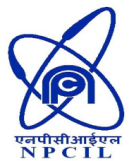
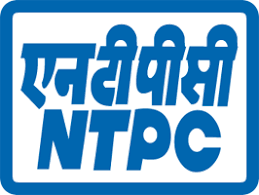

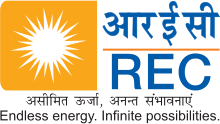

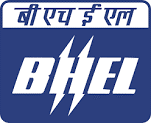
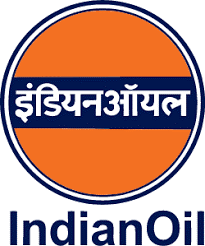

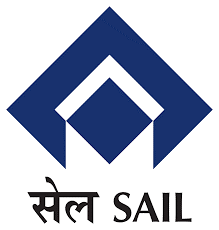
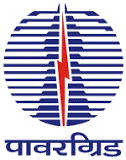

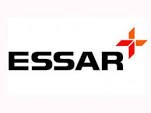




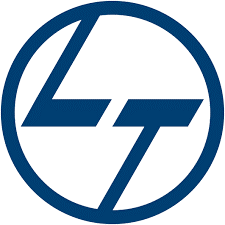






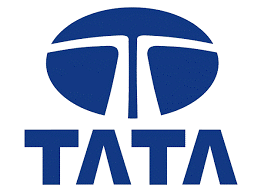


Apart from core Electrical companies, Electrical Engineers are also offerred jobs in top software companies as well
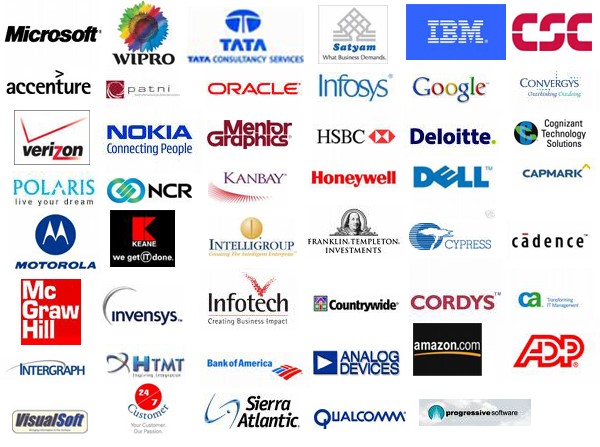
Here is a small list of coruses offered by some of the premium institutes
* This course is offered in Jerusalem College of Engineering
Apart from these many institutes across the country offer Masters programs in Electrical & Electronics Engineering
Electrical and Electronics Engineering
Velachery main road,
Narayanapuram, Pallikaranai,
Chennai- 600 100
044-2246 1404/ 0131
jerusalemengg@gmail.com
Mon – Fri 9:00A.M. – 4:00P.M.
.jpg)